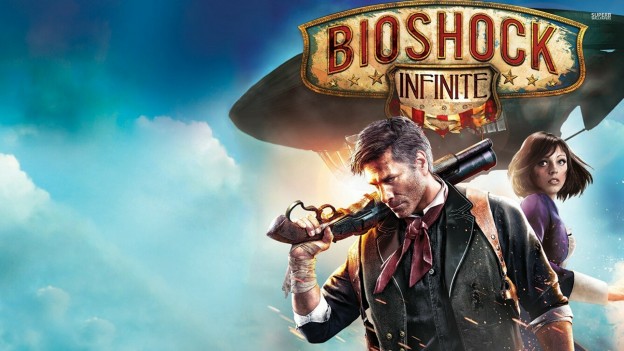By Doc Von Derwin
I remember the first time I heard the word ’sellout’. I was in middle school and my older brother and I were having a discussion of the classic American Film Employee of the Month starting Dane Cook. My brother regarded Dane Cook as a sellout because he wasn’t the funniest character in the movie. I thought it was strange at the time but didn’t really understand why. Some years later, he and I were taking a deep perspective look into Saving Woodstock with America’s sweetheart Dimitri Martin. After I told him that the film was not a comedy, he eloquently replied with: “So he sold out like Dane Cook?”. Again, I was totally lost on what he meant but didn’t understand what was causing me discomfort. Since he was the older brother, he had to be right after all. So I started trying to identify sellouts as they started to appear. A Queens of the Stone Age song on a T-Mobile commercial? Sellouts! Ben Affleck in a romantic comedy? Sellout. Anything that Nickelback performed? Sellouts! Now that years have past and I’ve started reading books that weren’t written by R.L. Stine or Limoney Snicket, I figured out that I have been wrong the whole time.
You have to start by identifying what a sellout really is. A sellout is someone who compromise their current beliefs for opposing or conflicting beliefs for payment or benefit. Essentially, someone who will say or endorse anything for the right price. Some of you might be thinking that certain bands are sellouts because they started as indie coffee shop heroes and turned into global commercial success, with their new stuff not being pure as their old stuff. They sold their musical integrity to become famous, right? But bad music isn’t a sign of selling out. It’s a sign that artist has evolved into something else, often because their original music was fueled by being an artist who has a lot of stress and fears about where their next meal is going to come from but but when they’re rich and famous, that sort of fuel is gone and they need something else to drive them. Nickelback didn’t sellout for money, they’ve always been a terrible band appealing to the lowest common denominator.
Demetri Martin and Dane Cook weren’t sellouts for doing those movies I mentioned earlier. They were making business transactions in the pursuit of being actors. The more they act, the more work they get and with big movie productions it’s not like they have creative control in the movies they’re on. Its is similar to the Queens of the Stone Age where the music production company are probably the ones who greenlighted T-Mobile using their song in a commercial.
The people who are sellouts are largely people who want to make the most money they can get. A person who can hate what their business does but still do it for the sake of the paycheck. We don’t know artists or actors personally so we can’t call them sellouts. The only sellouts we can really label are ourselves. So ask yourself, are you a sellout?

